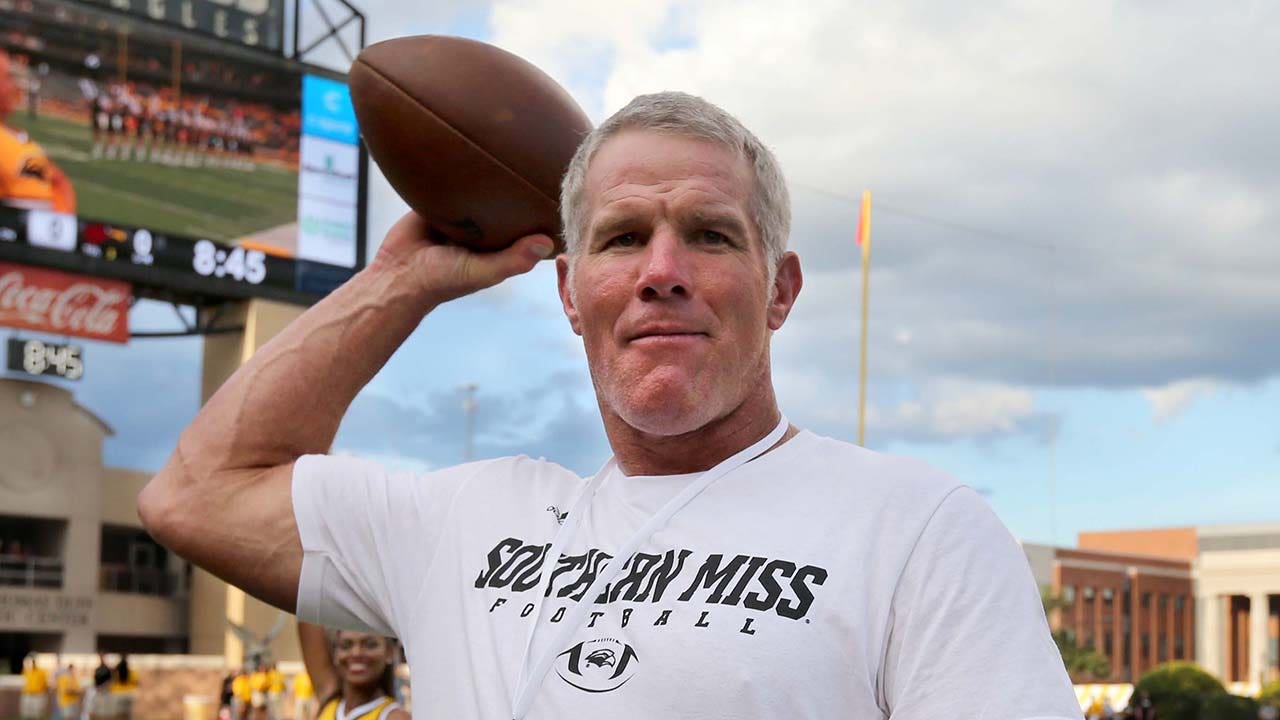Judge Beryl Howell, in a Friday ruling, blocked Donald Trump's executive order against Perkins Coie.
Howell called Trump's efforts to target lawyers a "cringe-worthy" twist on Shakespearean villainy.
Howell's ruling is the first decision fully blocking one of Trump's orders against Big Law firms.
US District Judge Beryl Howell, in a scathing Friday ruling, struck down President Donald Trump's executive order against Perkins Coie, declaring his effort to target the Big Law firm unconstitutional.
Howell's summary judgment decision fully blocks Executive Order 14230, titled "Addressing Risks from Perkins Coie LLP," from taking effect. It is the first such decision in the myriad legal challenges to Trump's orders targeting various Big Law firms.
The federal government can appeal the decision, in which case the proceedings will be heard in the court of appeals. Any subsequent appeal would be heard by the Supreme Court.
A spokesperson for Perkins Coie told Business Insider in a statement that the firm was pleased with the judge's ruling.
"This ruling affirms core constitutional freedoms all Americans hold dear, including free speech, due process, and the right to select counsel without the fear of retribution," the statement said. "As we move forward, we remain guided by the same commitments that first compelled us to bring this challenge: to protect our firm, safeguard the interests of our clients, and uphold the rule of law."
Cases involving other firms — including Jenner & Block and WilmerHale — have pending motions to dismiss and have been granted temporary restraining orders partially blocking the orders from being implemented.
'The first thing we do, let's kill all the lawyers'
"No American President has ever before issued executive orders like the one at issue in this lawsuit targeting a prominent law firm with adverse actions to be executed by all Executive branch agencies but, in purpose and effect, this action draws from a playbook as old as Shakespeare, who penned the phrase: 'The first thing we do, let's kill all the lawyers,'" Howell wrote regarding the order targeting Perkins Coie.
The phrase is a reference to "Henry VI," one of three historical plays published by Shakespeare following the lifetime of King Henry VI of England. It is uttered by the villainous character Dick the Butcher, a henchman for the rebel leader Jack Cade, as part of the pair's strategy to seize power from the government of King Henry VI.
"Eliminating lawyers as the guardians of the rule of law removes a major impediment to the path to more power," Howell continued in her ruling. "In a cringe-worthy twist on the theatrical phrase 'Let's kill all the lawyers,' EO 14230 takes the approach of 'Let's kill the lawyers I don't like,' sending the clear message: lawyers must stick to the party line, or else."
An order 'contrary to the Constitution'
Howell, who was appointed to District of Columbia federal court in 2010 by then-President Barack Obama, wrote that Trump's order "stigmatizes and penalizes" the firm and its employees due to its representation of clients "pursuing claims and taking positions with which the current President disagrees, as well as the Firm's own speech."
"Using the powers of the federal government to target lawyers for their representation of clients and avowed progressive employment policies in an overt attempt to suppress and punish certain viewpoints, however, is contrary to the Constitution, which requires that the government respond to dissenting or unpopular speech or ideas with 'tolerance, not coercion,'" Howell wrote.
Trump's order against Perkins Coie described the firm's activity as "dangerous and dishonest," highlighting the firm's representation of then-presidential candidate Hillary Clinton in her 2016 run against Trump.
The executive order, along with similar actions Trump has taken against other firms, revoked the security clearances of employees of the firm, barred the law firms' employees from interacting with federal agencies or even entering federal buildings, and ordered a review of their government contracts.
Fighting back
While Perkins Coie was among several firms that chose to fight Trump's executive order in court, other Big Law firms instead brokered deals with the administration to reverse the president's orders, and some made preemptive deals to avoid punitive executive actions against them.
The executive order targeting Paul Weiss was rescinded after the firm pledged $40 million in pro bono services to support causes identified by the Trump administration and promised to review its diversity, equity, and inclusion initiatives in its hiring practices.
Skadden made a deal with Trump before it was singled out in any executive orders. The firm promised to provide $100 million in pro bono legal services "to causes that the President and Skadden both support," Trump announced on March 28.
Before the preemptive agreement was announced, Skadden associate Rachel Cohen publicly resigned and, in an open letter circulated among associates at top firms, urged her fellow legal associates to call out their employers for what she described as inaction in the face of the administration's attacks on the industry.
After the Skadden deal was announced, another employee, Brenna Frey, also resigned publicly in an announcement on LinkedIn.
Representatives for the White House and lawyers representing the Department of Justice did not immediately respond to requests for comment from Business Insider.
Have a tip? Contact this reporter via email at ktangalakislippert@businessinsider.com or Signal at byktl.50. Use a personal email address and a nonwork device; here's our guide to sharing information securely.
Read the original article on Business Insider
.png)
 German (DE)
German (DE)  English (US)
English (US)  Spanish (ES)
Spanish (ES)  French (FR)
French (FR)  Hindi (IN)
Hindi (IN)  Italian (IT)
Italian (IT)  Russian (RU)
Russian (RU) 








Comments